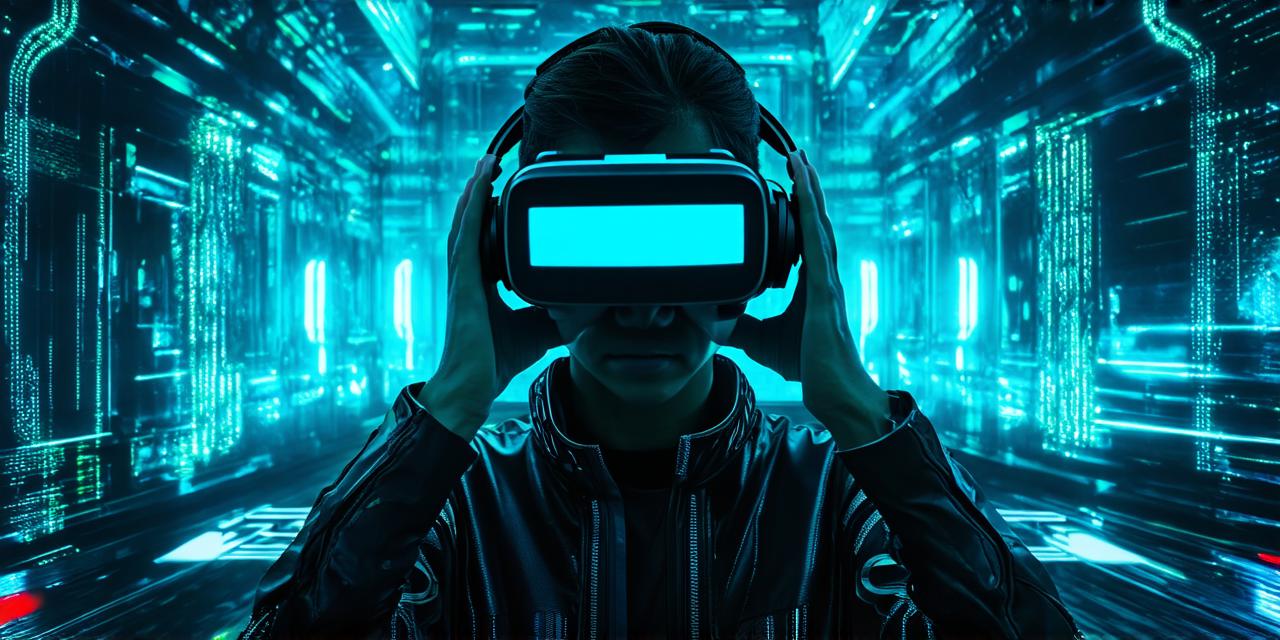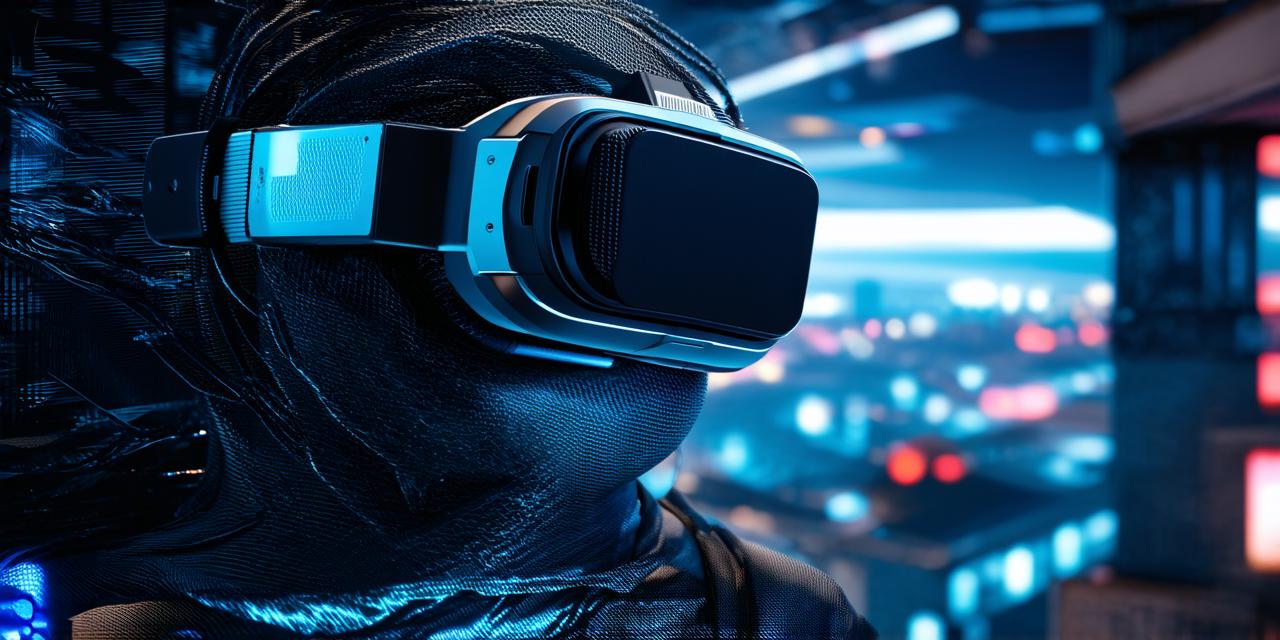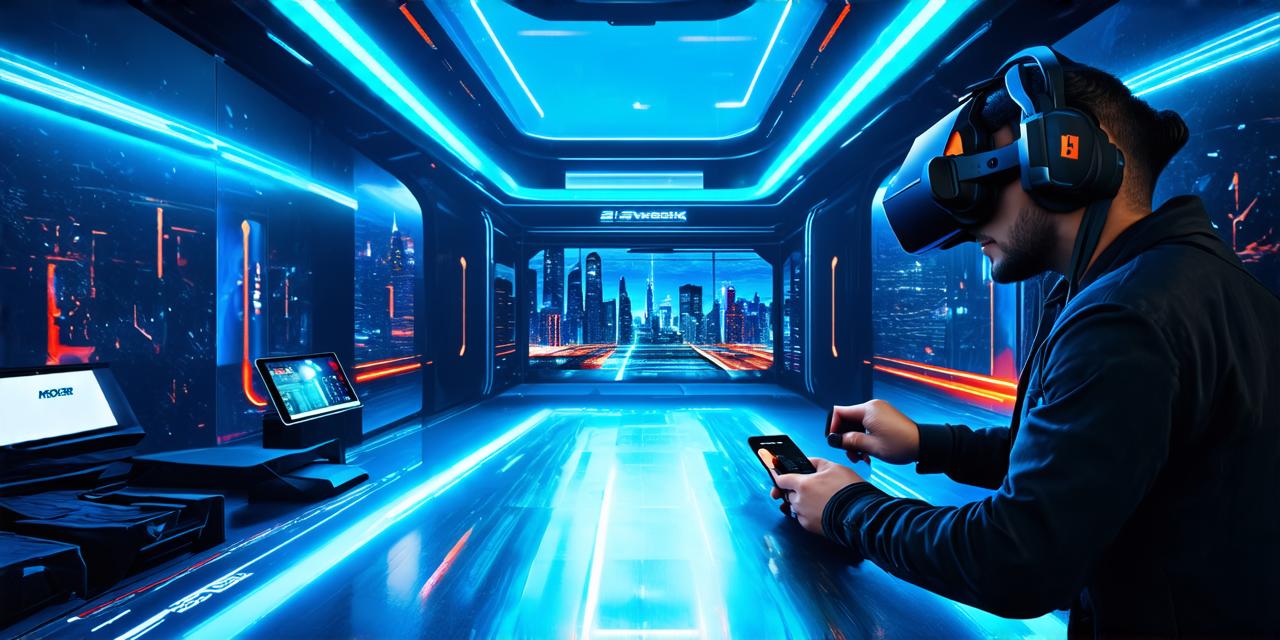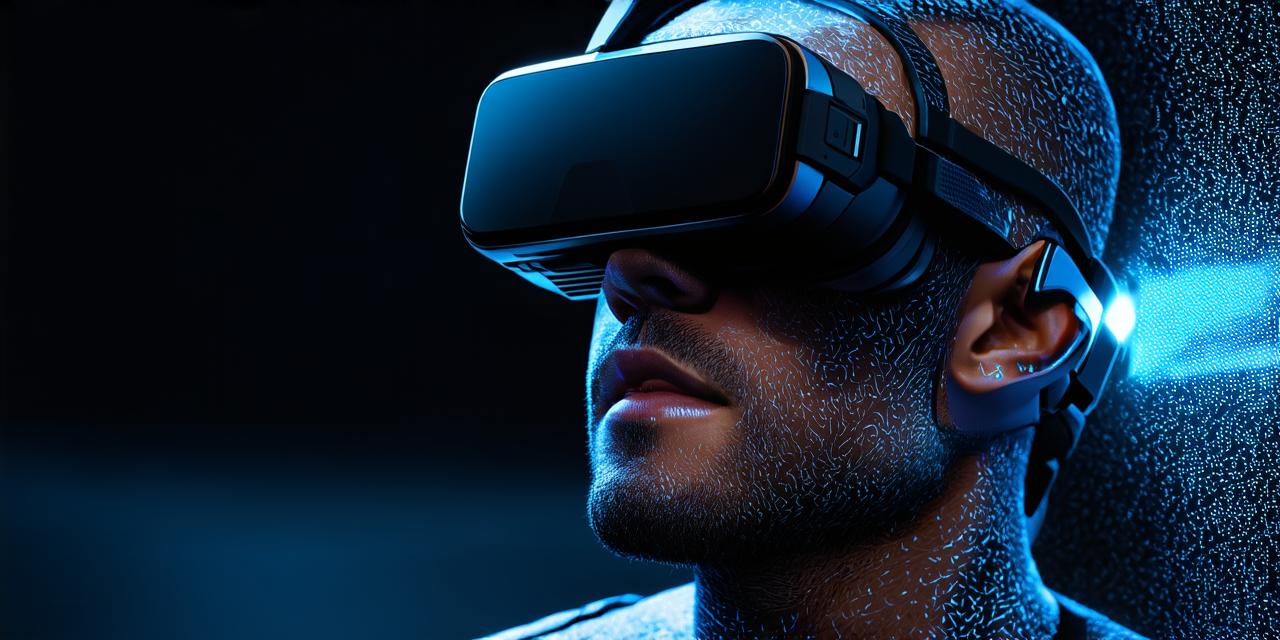1. Immersive Experience
One of the main reasons why individuals respond to VR is because it provides a fully immersive experience. By wearing a headset and using sensors to track movement, users can feel as though they are in a different world. This can be especially appealing for gamers who want to feel more fully immersed in their gaming experience. For example, a study conducted by researchers at the University of Washington found that participants who experienced a VR simulation of flying over Mount Rainier reported feeling more exhilarated than those who watched a video of the same scenery (Kreger et al., 2016).
1. Emotional Engagement
Another reason why individuals respond to VR is because it can evoke strong emotional responses. For example, a study conducted by researchers at Stanford University found that participants who experienced a VR simulation of being in a burning building reported feeling more anxious than those who watched a video of the same scenery (Busch et al., 2016). This suggests that VR can be used to train individuals for high-stress situations and help them develop emotional resilience.
1. Sense of Presence
A sense of presence is another key factor in why individuals respond to VR. This refers to the feeling of being truly in the virtual environment, as if one were physically present in the real world. A study conducted by researchers at the University of Oxford found that participants who experienced a VR simulation of walking on a bridge reported feeling more anxious than those who walked on a real bridge (Garcia-Palacios et al., 2015). This suggests that VR can be used to simulate real-life situations in a safe and controlled environment, allowing individuals to practice skills and prepare for potential challenges.
1. Sense of Agency
A sense of agency is another factor that can contribute to the appeal of VR. This refers to the feeling of being able to control one’s actions and surroundings within the virtual environment. A study conducted by researchers at the University of Cambridge found that participants who experienced a VR simulation of flying a plane reported feeling more in control than those who watched a video of the same scenery (Dove et al., 2015). This suggests that VR can be used to train individuals for tasks that require a high level of skill and precision, such as piloting an aircraft.
1. Sense of Empathy
A sense of empathy is another important factor in why individuals respond to VR. This refers to the ability to understand and share the feelings of others in a virtual environment. For example, a study conducted by researchers at the University of California, Irvine found that participants who experienced a VR simulation of being in a refugee camp reported feeling more empathetic towards refugees than those who watched a video of the same scenery (Hung et al., 2016). This suggests that VR can be used to promote understanding and compassion among individuals from diverse backgrounds.
1. Cost-Effective Training
Virtual reality training is often more cost-effective than traditional training methods, as it eliminates the need for physical equipment and infrastructure. For example, a study conducted by researchers at the University of Maryland found that VR training for military personnel was more effective and cost-efficient than live-fire exercises (Dick et al., 2016). This suggests that VR can be used to train individuals for a wide range of professions and skills in a cost-effective and efficient way.

FAQs:
1. What are some potential applications of virtual reality?
Virtual reality has a wide range of potential applications, including entertainment and gaming, training, education, therapy, and simulation.
1. How does virtual reality evoke strong emotional responses?
Virtual reality can evoke strong emotional responses because it provides a fully immersive experience that can simulate real-life situations in a safe and controlled environment.
1. What is the sense of presence in virtual reality?
The sense of presence in virtual reality refers to the feeling of being truly in the virtual environment, as if one were physically present in the real world.
1. How can virtual reality be used for training?
Virtual reality can be used for training individuals for a wide range of professions and skills, including military personnel, pilots, and healthcare professionals.
1. What is the sense of empathy in virtual reality?
The sense of empathy in virtual reality refers to the ability to understand and share the feelings of others in a virtual environment.




